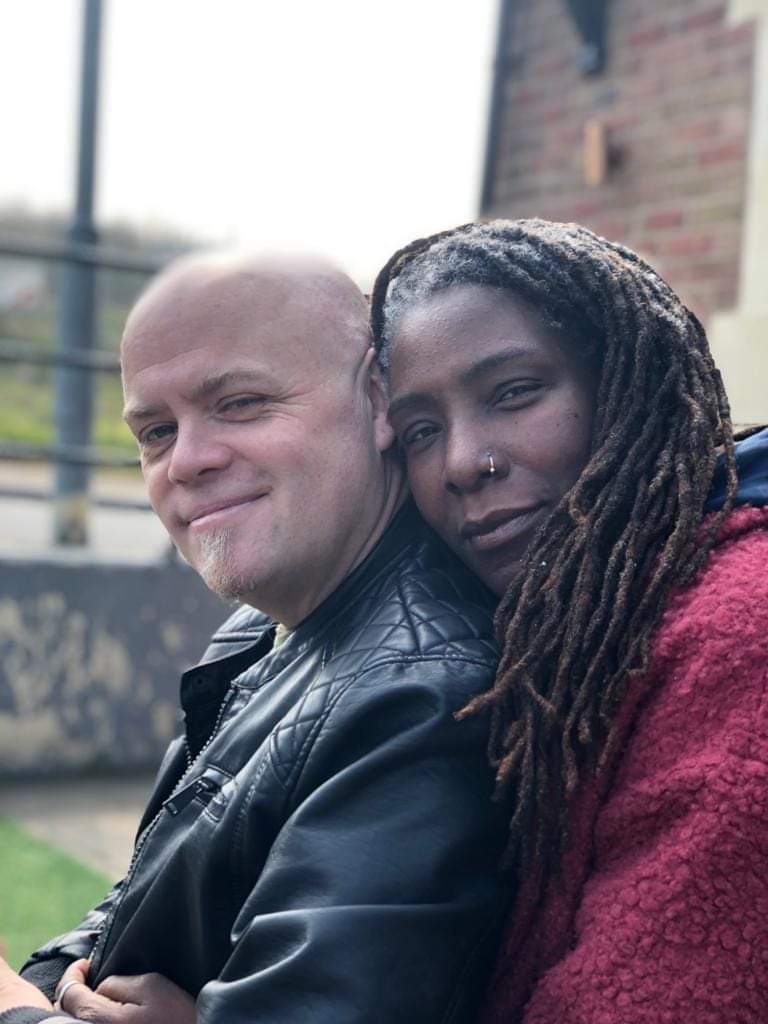
“We get so much joy from knowing we are impacting their lives for the better”
Jennifer and Robin – TACT foster carers since 2015
East Midlands
“We became foster carers for TACT in 2015, and since then we have cared for a number of unaccompanied asylum-seeking children from Afghanistan. It has been a very rewarding experience for us, we get so much joy from knowing we are impacting the lives of young people for the better. They are going through a difficult time in their lives, and we are able to give them the opportunity to be children again, to try new things and take calculated risks in a supportive environment that allows them to grow and develop.
When a child from Afghanistan arrives in our home, it is just like with any other child. There is uncertainty and anxiety from them, and also from us, hoping they will be happy and settle in our home. But there is also the added challenge of the language barrier. If the child’s English is not fluent, we will make sure to communicate using lots of smiles and a warm and caring tone, so that even if they aren’t able to understand us, they know that we are here to support them.
In terms of cultural differences, they learn a little bit each day. In our family we tend to stress the fact that men and boys take an equal share in chores like washing the dishes or sweeping. Some Afghan boys will not have seen males in a domestic role in their home country or seen women being treated with equal respect and value.
It is important that we are well prepared to cater to their religion and culture. By doing a bit of research on their practices, you can help them to settle and demonstrate that you care enough to find out. We make sure there is a prayer mat and a copy of the Koran ready for when they arrive. We make sure we understand their dietary requirements and where we can obtain Halal food. We make contact with the local mosques. Even if the child does not wish to attend, it is good to get to know local places of worship and community groups for support and advice.
There are other challenges unique to caring for young refugees. At times, you may have to support them with Home Office visits, lawyer consultations and maybe even court dates. It can also be a struggle to get them to accept boundaries after they’ve travelled thousands of miles independently, especially around bedtimes and returning home from seeing their friends. However, they usually come round once they accept that it’s because the family cares about them and their wellbeing.
I remain in touch with most of them. Two have found work in the fast-food industry and are living independently. Another went to study music at university, completed his course and is very well known on YouTube as a rap artist. Others who I speak to from time to time have gone on to marry and have a family of their own. Others now live in London, working in the construction industry.
I would urge others who are thinking about caring for unaccompanied children seeking asylum to go for it! You will be well supported by TACT and can go to them for help or advice 24 hours a day. No problem is too big or too small.
If you have time, I would suggest that you research a little about the culture of the child you will be looking after before they arrive. Use as many resources as you can, like local communities, or friends/family who may have knowledge about your child’s culture. Finally, ask your social worker if there are any other children within the agency from the same country whom your child could maybe talk with on the phone or virtually, to help them acclimatize to the massive changes they’ve had to adjust to.”
Read more about fostering Unaccompanied Asylum Seeking Children.




